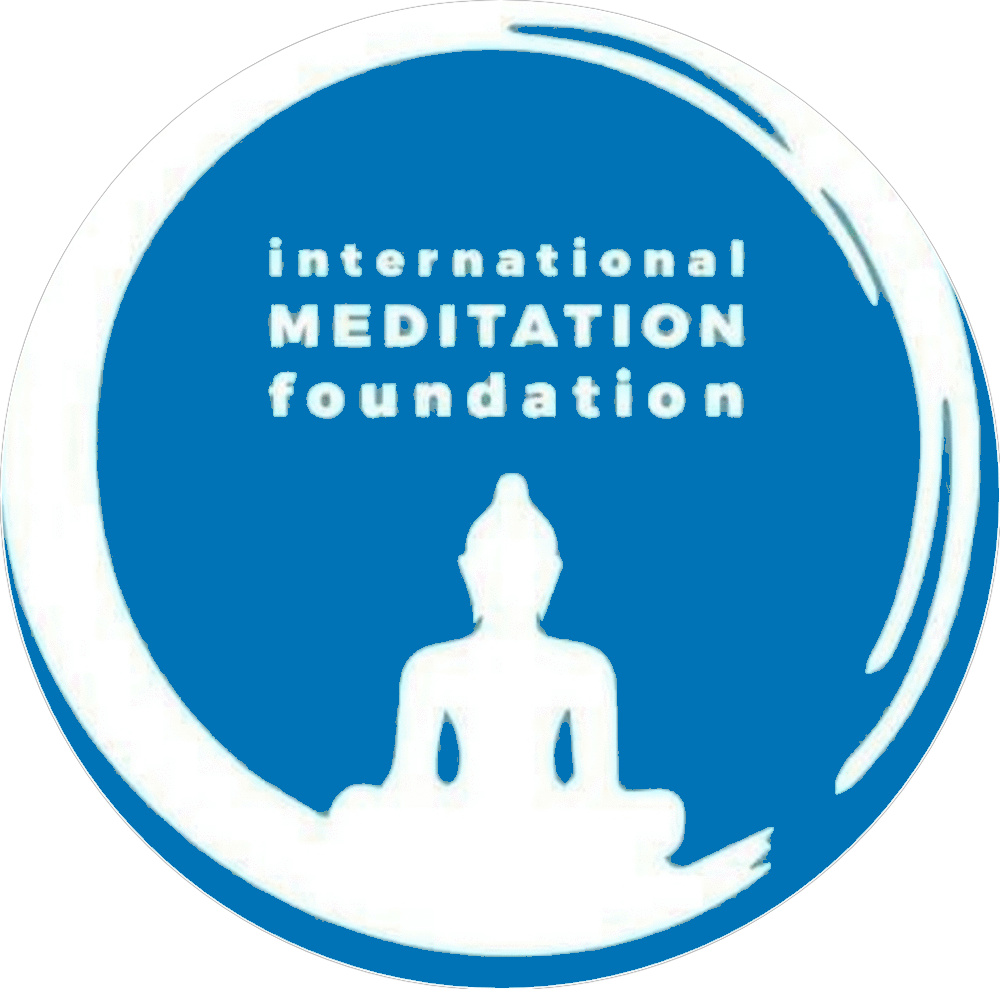Contemporary health researchers and traditional texts both agree that the mind and body are inseparable. An agitated mind often leads to a stressed-out body. However, through the practice of meditation, we can experience the profound connection between the mind and body. As the mind settles, relaxes, and opens during meditation, the body follows suit. The longer we engage in regular meditation practice, the more we can experience peace and relaxation that extends to all aspects of our lives, including our health.
The Mind-Body Connection
Research has shown that stress and negative emotions can have a significant impact on our physical health. When we are stressed, our bodies release stress hormones like cortisol, which can lead to a range of health issues such as high blood pressure, weakened immune system, and digestive problems.
Meditation provides a powerful tool to counteract the negative effects of stress. By calming the mind, we can reduce the production of stress hormones and promote a state of relaxation. As the body relaxes, blood pressure decreases, the immune system strengthens, and digestion improves.
The Benefits of Meditation for the Body
Regular meditation practice has been linked to numerous physical health benefits:
- Reduced Blood Pressure: Studies have shown that meditation can help lower blood pressure, reducing the risk of heart disease and stroke.
- Improved Immune Function: Meditation has been found to enhance the activity of natural killer cells, which are responsible for fighting off viruses and cancer cells.
- Better Sleep: By promoting relaxation and reducing stress, meditation can improve sleep quality and help alleviate insomnia.
- Enhanced Digestion: Stress can disrupt the digestive system, leading to issues like irritable bowel syndrome (IBS) and acid reflux. Meditation can help calm the mind and relax the body, alleviating these digestive problems.
- Reduced Chronic Pain: Research has shown that meditation can help reduce chronic pain conditions such as fibromyalgia and lower back pain.
The Mental and Emotional Benefits
While the physical benefits of meditation are well-documented, the practice also offers numerous mental and emotional benefits:
- Reduced Stress and Anxiety: Regular meditation practice can help lower stress levels and reduce symptoms of anxiety disorders.
- Improved Focus and Concentration: Meditation trains the mind to stay focused and present, leading to improved concentration and productivity.
- Enhanced Emotional Well-being: Meditation promotes a sense of calm and inner peace, helping to manage emotions and improve overall well-being.
- Increased Self-awareness: Through meditation, we develop a deeper understanding of our thoughts, emotions, and patterns of behavior, leading to personal growth and self-improvement.
- Better Sleep: By promoting relaxation and reducing stress, meditation can improve sleep quality and help alleviate insomnia.
Incorporating Meditation into Your Daily Life
Now that you understand the benefits of meditation for both the mind and body, you may be wondering how to incorporate this practice into your daily life. Here are some tips to get started:
- Set aside dedicated time: Find a quiet space and allocate a specific time each day for meditation. Start with just a few minutes and gradually increase the duration as you become more comfortable.
- Choose a meditation technique: There are various meditation techniques to choose from, such as mindfulness meditation, loving-kindness meditation, or guided visualization. Experiment with different techniques to find the one that resonates with you.
- Find a comfortable posture: Sit in a position that allows you to be relaxed and alert. You can sit cross-legged on a cushion, in a chair with your feet flat on the ground, or even lie down if that is more comfortable for you.
- Focus on your breath: Use your breath as an anchor for your attention. Pay attention to the sensation of each inhale and exhale, allowing thoughts to come and go without judgment.
- Be patient and consistent: Like any new skill, meditation takes time and practice. Be patient with yourself and commit to a regular practice, even on days when it feels challenging.
Remember, meditation is a personal journey, and there is no right or wrong way to do it. The most important thing is to approach it with an open mind and a willingness to explore the benefits it can bring to your mind and body.
